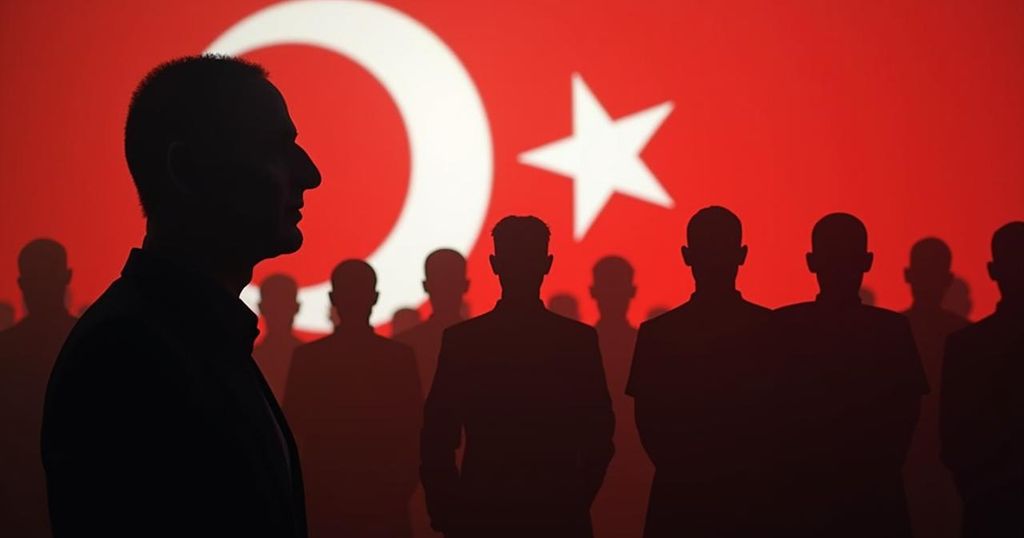Tunisia’s Presidential Election: Incumbent Set for Uncontested Victory Amidst Dissent
Tunisia’s presidential election has commenced with incumbent President Kais Saied expected to win unopposed, as many of his critics remain imprisoned. Approximately 9.7 million voters are registered, yet widespread resignation and lack of campaigning signal disinterest in the electoral process. The election is perceived as a significant step towards solidifying Saied’s authoritarian rule amidst worsening economic conditions.
The presidential election in Tunisia has commenced, with voting officially opening at 8 AM local time and closing at 6 PM. Despite approximately 9.7 million registered voters, the incumbent President Kais Saied faces no significant opposition, as many of his leading critics have been imprisoned. Saied’s ascent to power in 2021, after a significant consolidation of authority, has cast a shadow over Tunisia’s once-promising democratic journey initiated during the Arab Spring. The electoral landscape has been notably devoid of campaign activities or public debates, with the visibility of Saied’s promotional materials dominating public spaces. This lack of viable alternatives, combined with economic hardships, has engendered a sense of resignation among the populace. A young voter expressed that he and his peers believe participating in the election is futile, indicating a collective disenchantment with the political process. Having prided itself for years as a beacon of democratic development in the region, Tunisia is currently grappling with a deteriorating political atmosphere characterized by a severe clampdown on dissent. Major opposition figures have been imprisoned, with organizations like Human Rights Watch reporting over 170 individuals detained on political grounds. Among those incarcerated are notable figures such as Mohamed Ghannouchi and Abir Moussi, leaders of significant political parties.
Since emerging from the 2011 revolution, Tunisia has been viewed as a model for democratic reform in the Arab world. However, following President Kais Saied’s assumption of power and subsequent dissolution of the parliament in 2021, the country has faced a rapid decline in democratic norms. The current political environment reflects widespread apprehension regarding the consolidation of authoritarian rule alongside a faltering economy. As many opposition politicians are jailed, public faith in the electoral process has dwindled, raising concerns about the legitimacy of the forthcoming election. This cycle of political repression and economic discontent has led to a significant disengagement among voters, many of whom perceive the electoral outcome as predetermined, further complicating the already challenging quest for genuine democratic governance in Tunisia.
The current presidential election in Tunisia underscores the challenges faced by the country as it grapples with the implications of authoritarian governance and economic strife. With substantial opposition figures absent due to imprisonment and a palpable lack of enthusiasm among the electorate, the sense of a foregone electoral conclusion looms large. This election, widely anticipated to reaffirm President Saied’s control, suggests a concerning trajectory for Tunisia’s democratic aspirations and civic freedoms.
Original Source: www.aljazeera.com




Post Comment